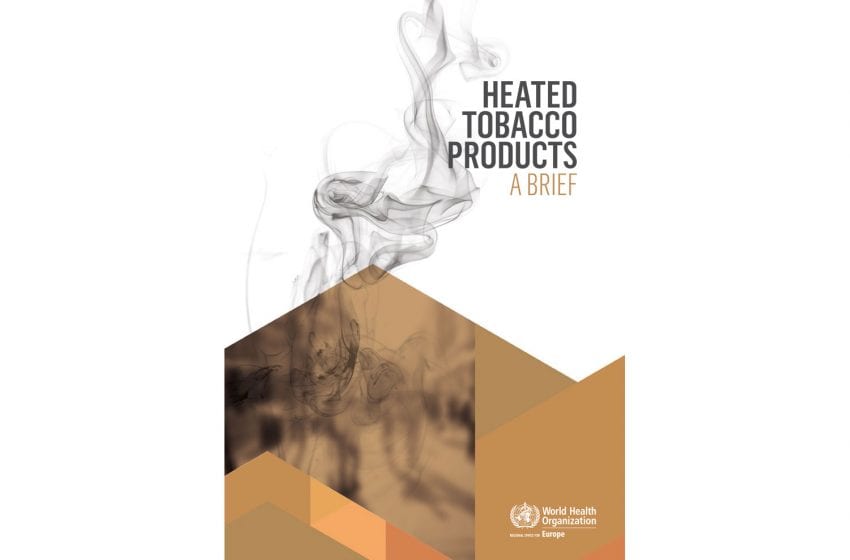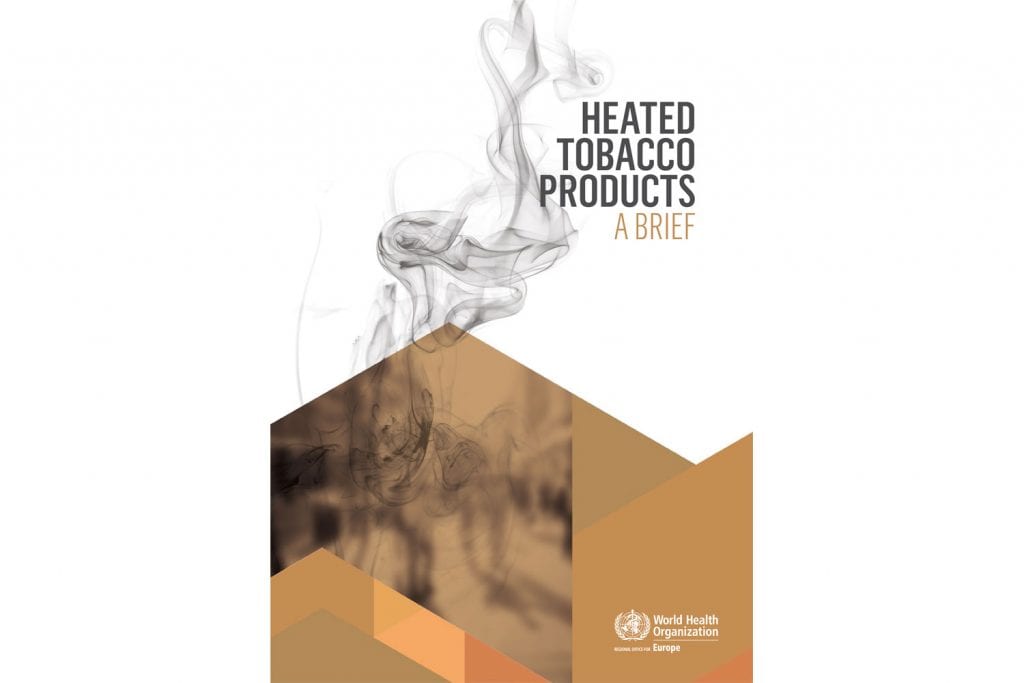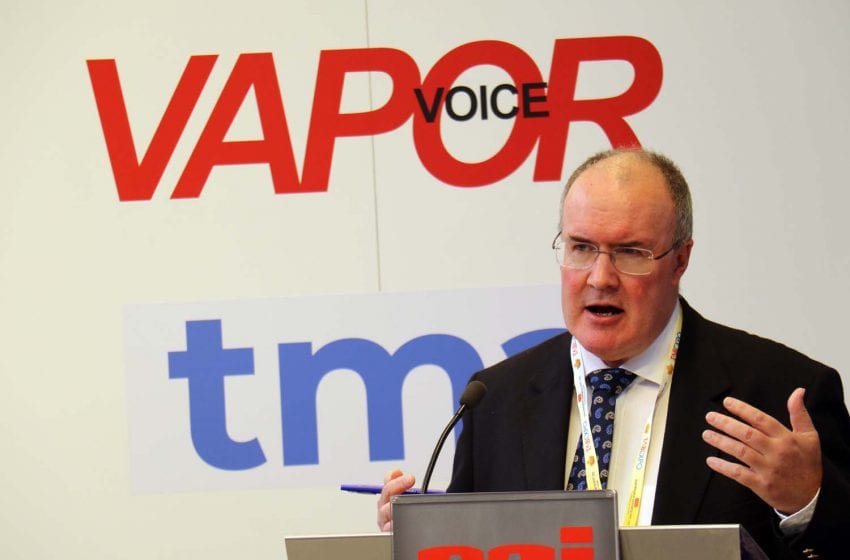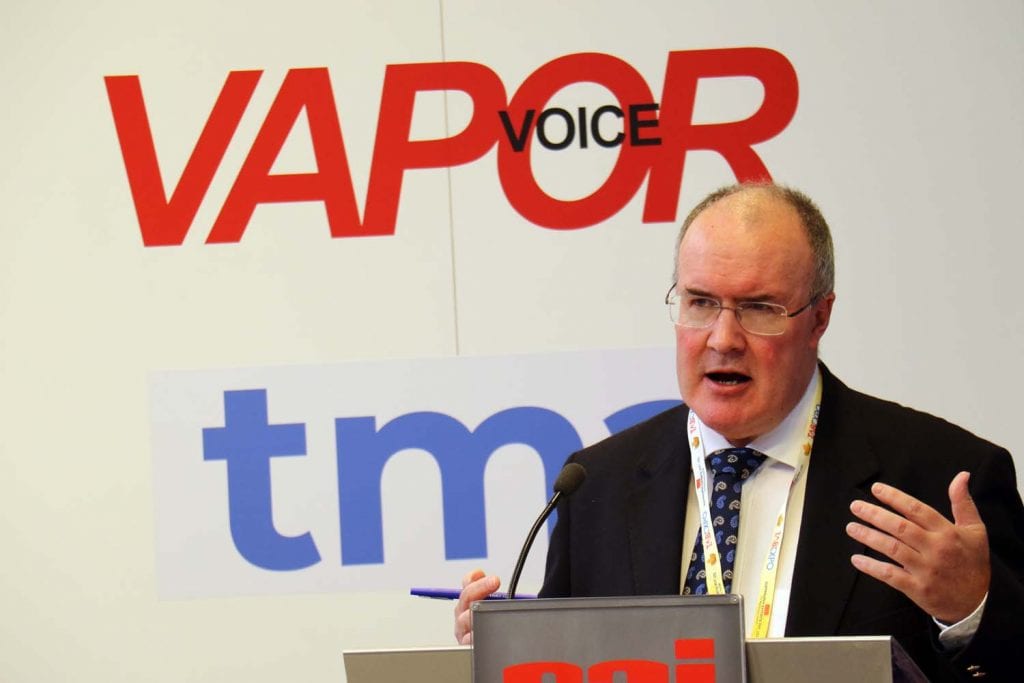
EU member states will ask the European Commission this week to place electronic cigarettes, heated tobacco products and other novel tobacco products under the EU Tobacco Excise Directive, meaning these products would be taxed just like traditional tobacco products, according to a report by Euractiv.
Although novel tobacco products are regulated under the Tobacco Product Directive from a health perspective, there is currently no EU-wide excise framework.
Some member states tax e-liquids and heated tobacco products at different rates while others do not tax them at all.
In January 2018, the European Commission refrained from proposing harmonized taxation for novel tobacco products, citing a lack of data.
However, in February 2020, the executive published a report expressing concern about the lack of harmonization’s impact on the functioning of the EU internal market.
“The current lack of harmonization of the tax regulatory framework for these products is also restricting the possibility to monitor their market development and control their movements,” the report stated.
The tobacco industry argues that novel tobacco products and electronic cigarettes have significantly reduced health risks compared to traditional smoking and should therefore be taxed at lower levels.


















